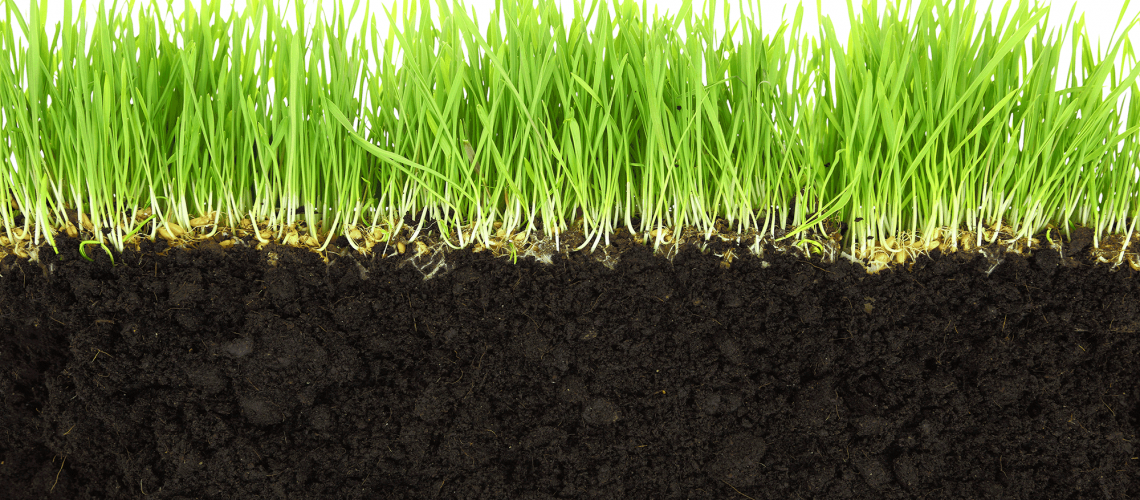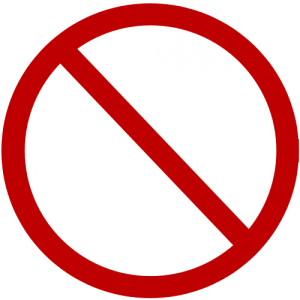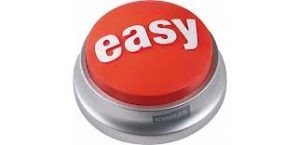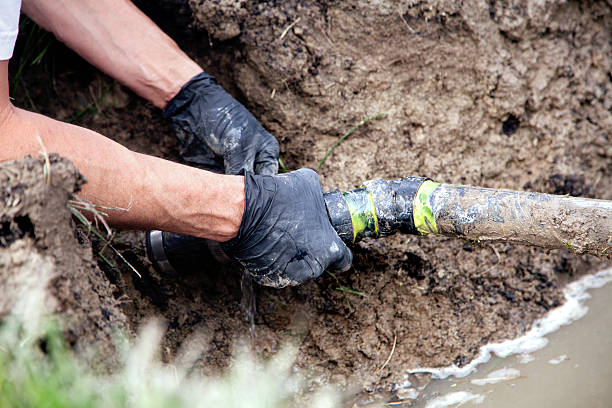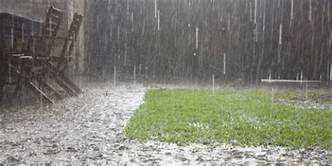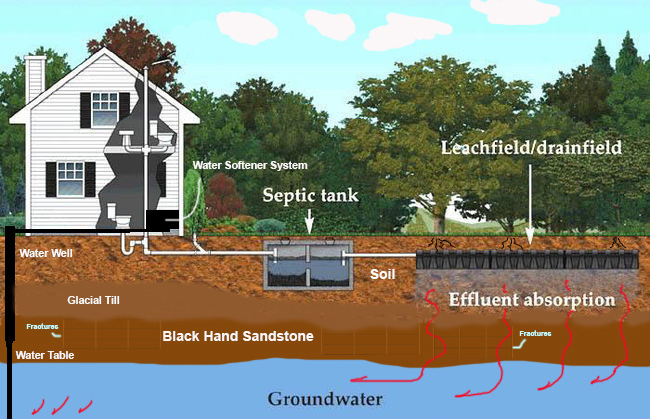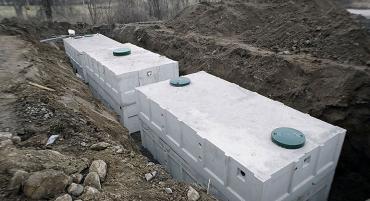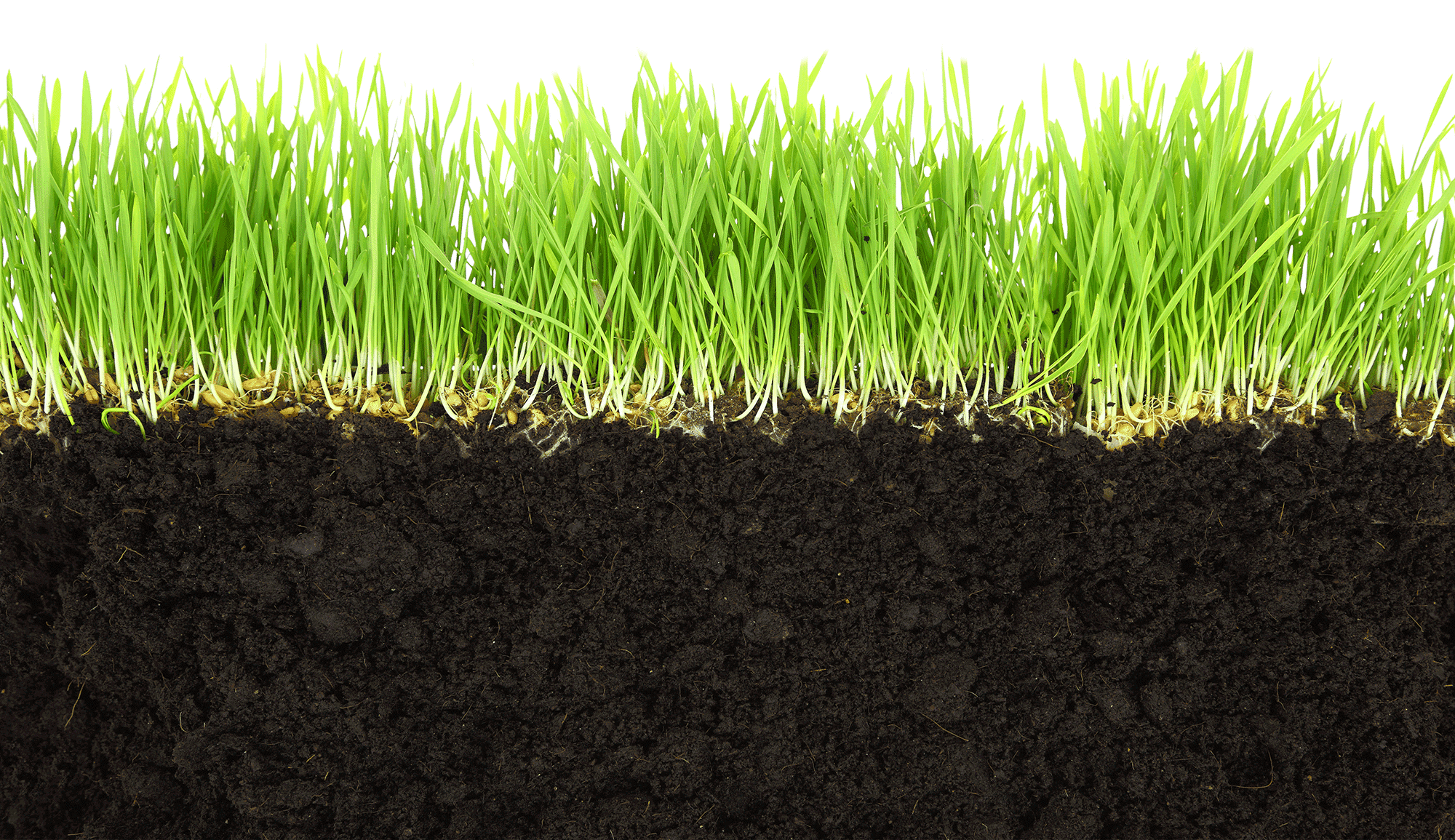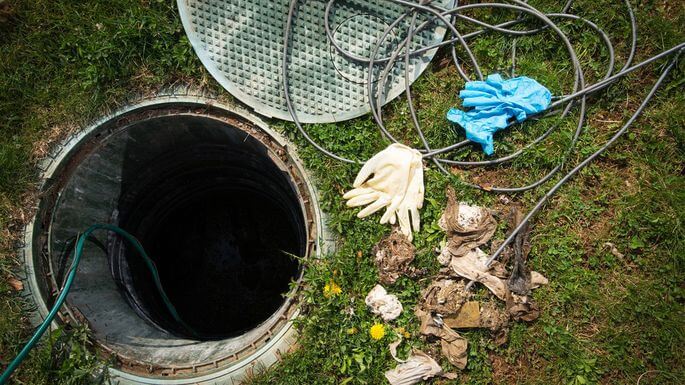The best way to care for your septic system is to keep track of what goes into it and to have a professional perform routine maintenance (pumping and ventilation cleanings). Being preemptive in terms of care goes a long way in maintaining the health and longevity of your septic system. In this article we will go over proper ways to care for your septic system and some things that you might be doing that are harming your septic system without you knowing it.
What NOT to do
First things we will talk about is what NOT to put down your drains or flush down your toilet. Septic systems are very sensitive when it comes to what we put into it. If the solids that you flush down aren’t easily degradable, they will stay in the septic tank, and over time will take up more and more room until it is so full that it backs up into your home, or onto the drain fields. Below is a list of things that should be avoided when it comes to your septic tank:
Things to Not Flush 
- Paper towels
- Cloth
- Tampons
- Condoms
- Sanitary wipes
- Cigarette filter tips
- Disposable diapers
Things to Not Rinse Down the Drain
- Grease
- Motor oil
- Fuel
- Coffee grounds
- Egg shells
- Nut shells
By keeping these things out of your septic system, you’re already on the way to becoming a great septic system homeowner.
Now that we’ve talked about what not to put INTO your system, lets talk about how to care for it on the outside. While your septic system is very strong and durable, it is not indestructible.
One of the best ways to care for your septic system on the outside,
Another way to keep your septic system happy and safe from the outside is 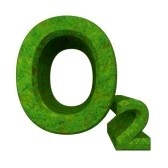
What TO Do
This list will go over some of the basics when it comes to keeping your septic system in pristine operating condition. By following these suggestions, you will be able to have a care-free, hassle-free relationship with your septic system.
Routine inspection
Routine inspections of your septic system are the best way to care for it. Depending on how many people your septic system is taking care of, it should be pumped every three to five years. However, regular inspections, either by you or a professional, can help pinpoint how often YOUR septic tank needs to be pumped. Regular pumping keeps the solids in the tank from flowing out into your drain field. Generally, if you don’t remember the last time your tank was pumped, now would be a great time to have a professional come pump it.
Conserve water
Water conservation is another great way to keep your septic system in the clear. The more water you use, the greater the stress is on your system. If you reduce your water usage, this can greatly enhance and extend the lifespan of your drain field, leaving little room for possibility of septic system failure.
Conclusion
Septic systems can be one of the easiest ways to plumb your home, when properly taken care of. If you treat it right, with routine maintenance, inspections and keeping track of what you put into it, it will do the same for you and your family.
Don’t wait until it’s too late! contact us today so we can help improve the life of your septic system.

